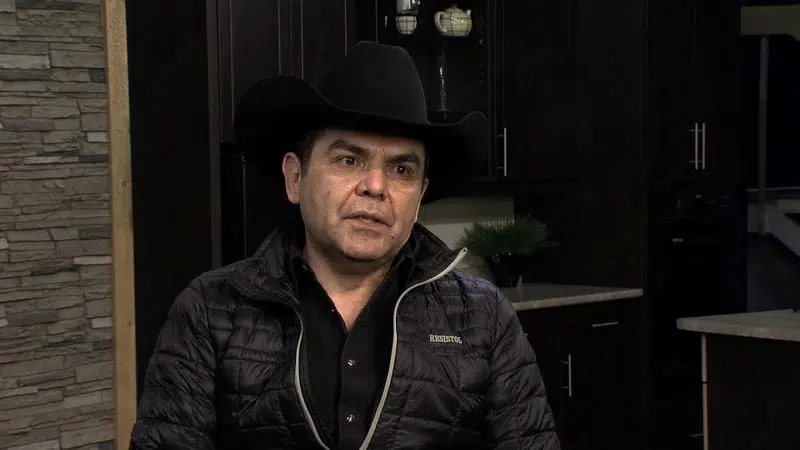
Plans advancing for First Nations’ pipeline purchase
KAMLOOPS — A leader of one of the First Nations communities situated right along the path of the Trans Mountain pipeline says plans to buy the project are moving along.
Chief Mike LeBourdais of the Whispering Pines Indian Band has been working on the proposal for a 51 per cent stake in the pipeline for First Nations people.
LeBourdais recently returned from the east coast from meetings updating the federal finance ministry staff, bank financing and legal teams, and the chosen pipeline operator.


